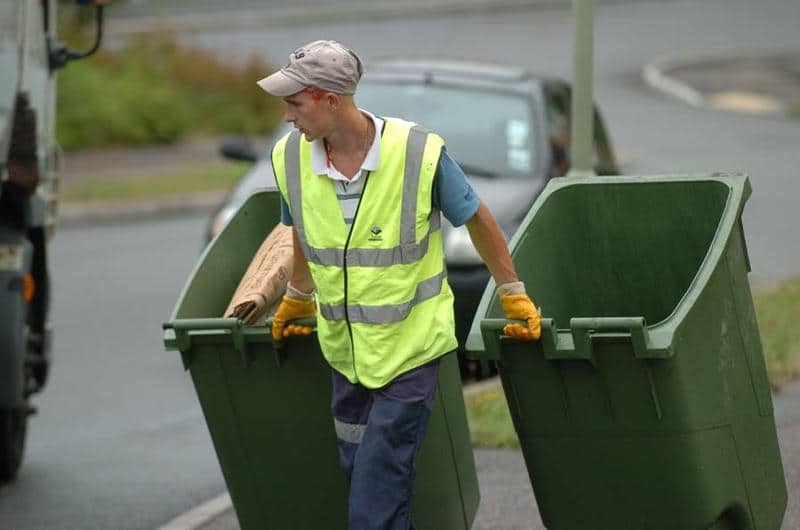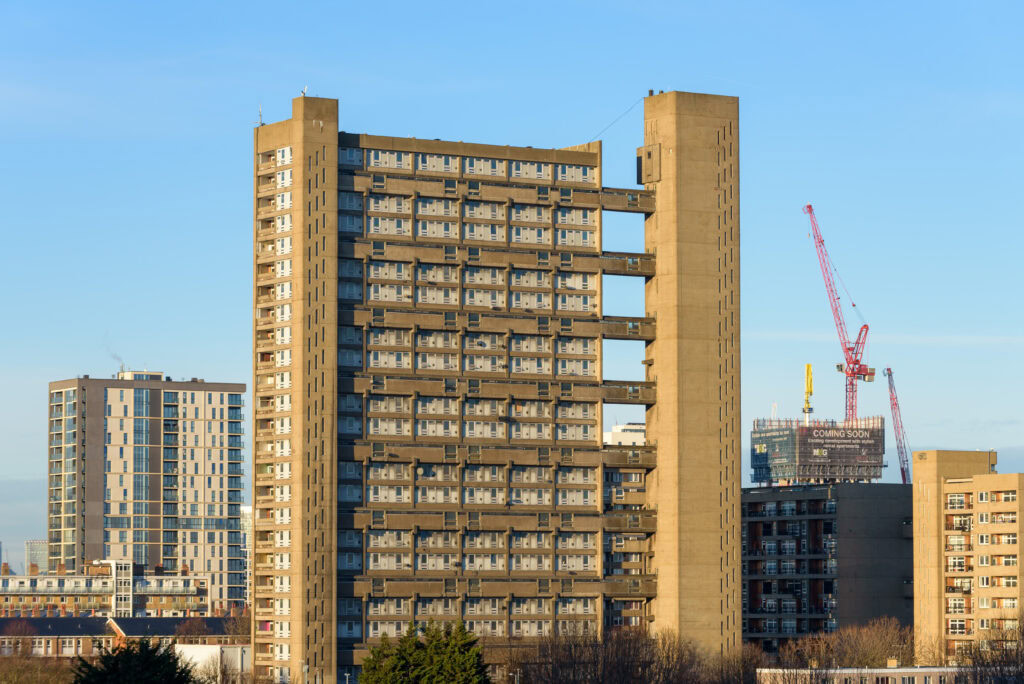The Devon-based authority also claims that it could ‘double’ its rate if householders stop putting recyclables in their residual waste bins.

It follows recent criticism from residents and the local press that Exeter’s recycling rate remains low by the UK standard and has fallen in the last year.
In 2013/14, the council produced an overall recycling and composting rate of 34.76% – against a county average of 54.85%.
The council argues that its dry recycling record ‘compares favourably’ to neighbouring authorities in Devon, but conceded a significant amount of household recyclables still end up in the residual bin.
Councillor Keith Owen, lead councillor for environment, explained that a lack of food waste collections was a ‘primary reason’ behind the low performance.
He said: “Although our data reveals that a lot of recycling is still ending up in the black bin, the largest part of that waste is organic waste (35%). At the moment we don’t have a separate food waste collection like our neighbouring authorities, and this is the primary reason why our recycling rates compare less favourably.”
MRF
Exeter also claimed to be one of a handful of local authorities that manages its own materials recycling facility (MRF).
The councillor added that while this allowed Exeter to process new material streams, such as plastic trays and wrapping, hand-sorting at the plant means food and glass streams cannot be included in commingled collections.
The council operates alternate weekly collections of refuse and recyclables including card, newspapers, mixed plastics, aerosol cans and foil from wheeled bins. Glass, paper, cartons, small WEEE and textiles can be deposited at bring bank sites.

At present, the council provides residents with ‘discounted’ composters to recycle their food waste, which can be bought for £9 or £10 during the Rugby World Cup, but usually cost £20-30 depending on size.
It also operates a garden waste collection service, which costs residents £28 or 38 per year for a small or large bin respectively.
Viable
Cllr Owen continued: “Whilst we are still looking into financially viable ways to introduce a food waste collection, people can do their bit and save money by reducing food waste, and composting.
“All the revenue from the sale of recyclates from green bins goes directly back into supporting other services for residents, instead of being passed over to the private sector – which is another good reason to not put recycling in the black rubbish bins.”
The councillor also indicated that despite the high quality of recyclables sorted, the council would tolerate a certain amount of contamination in order to boost recycling. “We’d rather have an un-rinsed empty can than no can”, he said.








Subscribe for free